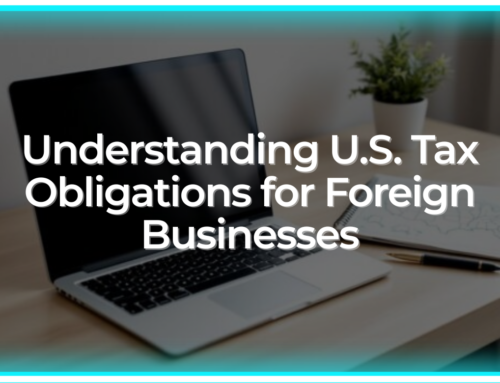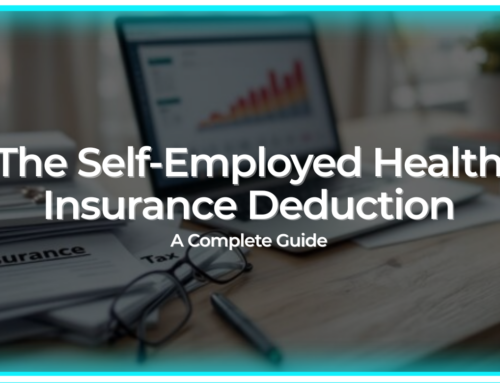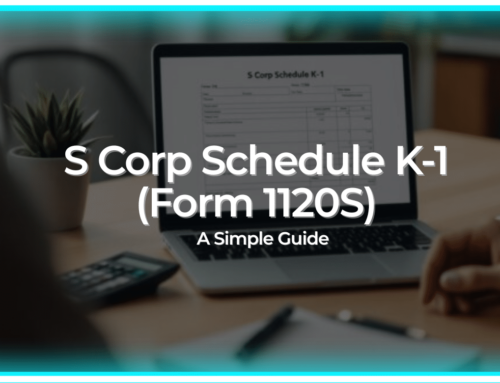Hi, I’m Bette Hochberger, CPA, CGMA. We are officially in tax season, so today, I will talk about some of the reasons why you might be paying more tax in 2023 and some of the changes that may affect taxpayers this year.
Required Minimum Distributions
Required Minimum Distributions (RMD) changed to age 73 from the previous requirement of 72. If you don’t understand what this means, RDMs are the minimum amounts that a retirement plan account owner must withdraw annually, starting with the year he or she reaches 73; if later, it’s the year in which he or she retires. So, if an individual is turning 73 this year, they must take their first distribution no later than April 1st, 2024.
Energy Efficient Home Improvement Credit
Beginning January 1, 2023, the Energy Efficient Home Improvement Credit amount now equals 30% of the amount the taxpayer paid for certain qualified costs. These include qualified energy efficiency improvements installed during the year, residential energy property expenditures, and home energy audits. But, there are limits on the allowable annual credit and the amount of credit for certain types of qualified costs. The credit is only allowed for qualifying property placed in service on or after January 1, 2023, and before January 1, 2033.
SECURE Act 2.0: Changes to retirement planning
SECURE Act 2.0: Changes to retirement planning. On December 20, 2019, the SECURE (Setting Every Community Up for Retirement Enhancement) Act was signed into law. This bill emphasized adding some much-needed adjustments to the country’s retirement system. Though, it was not a complete solution to the retirement crisis in America. Throughout the 2022 year, the House and Senate considered various retirement plan legislation, concluding in the new SECURE 2.0 Act being incorporated into the 2023 Consolidated Appropriations Act, also known as the Omnibus Bill. The SECURE 2.0 Act was signed into law on December 29, 2022. So, what does this mean? This is a huge step forward in addressing the retirement savings gap and adds more than 90 new retirement plan provisions. The bill introduces several significant changes for small businesses and those saving for retirement by…
- Promoting saving earlier for retirement, as well as increasing some limits
- Boosting incentives for small businesses to offer retirement plans
- Offering those age 60+ more flexibility for saving as they approach retirement
Potential New Changes This Year
A new bill has been introduced, and it will go along with The First-Time Homebuyer Act of 2021, a bill that revises the IRS tax code to grant first-time home buyers up to $15,000 in refundable federal tax credits. Now called The First-Time Homebuyer Tax Credit, The bill introduces wealth-building opportunities for historically diminished communities. The goal is to make homeownership more accessible to the millions of renters who seek it for themselves and their families. Based on this bill, homebuyers who meet the following criteria to receive the credit:
- Must be a first-time homebuyer
- Must not exceed income limitations for the area
- Must be purchasing a primary residence (no second homes or rental properties)
- Must be at least 18 years of age or married to a person who is 18 years of age
- Must be purchasing the home from a non-relative
This bill has not yet been passed into law, but there have been a lot of talks, and it was in the works at the start of this year.
Rising Standard Deduction
As inflation rises, the IRS has increased the standard deductions for the 2023 tax year. But what does this change for taxpayers? Raising the standard deduction and income thresholds where tax rates take effect may mean savings for people in all income brackets. For those filing as a single person or separately from their spouses, the standard deduction is increasing by $900 to a total of $13,850. The standard deduction for married couples filing jointly is increasing by $1,800 to $27,700. The standard deduction for people filing as heads of households will be $20,80.
I know these changes are a lot to take in. If you ever need help with your taxes, I’m always one call away. As always, stay safe, and I will see you next time!







